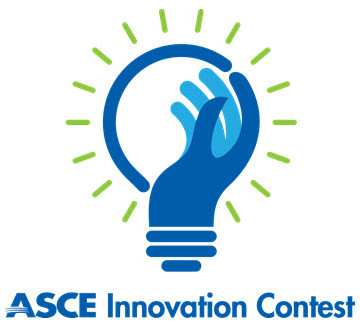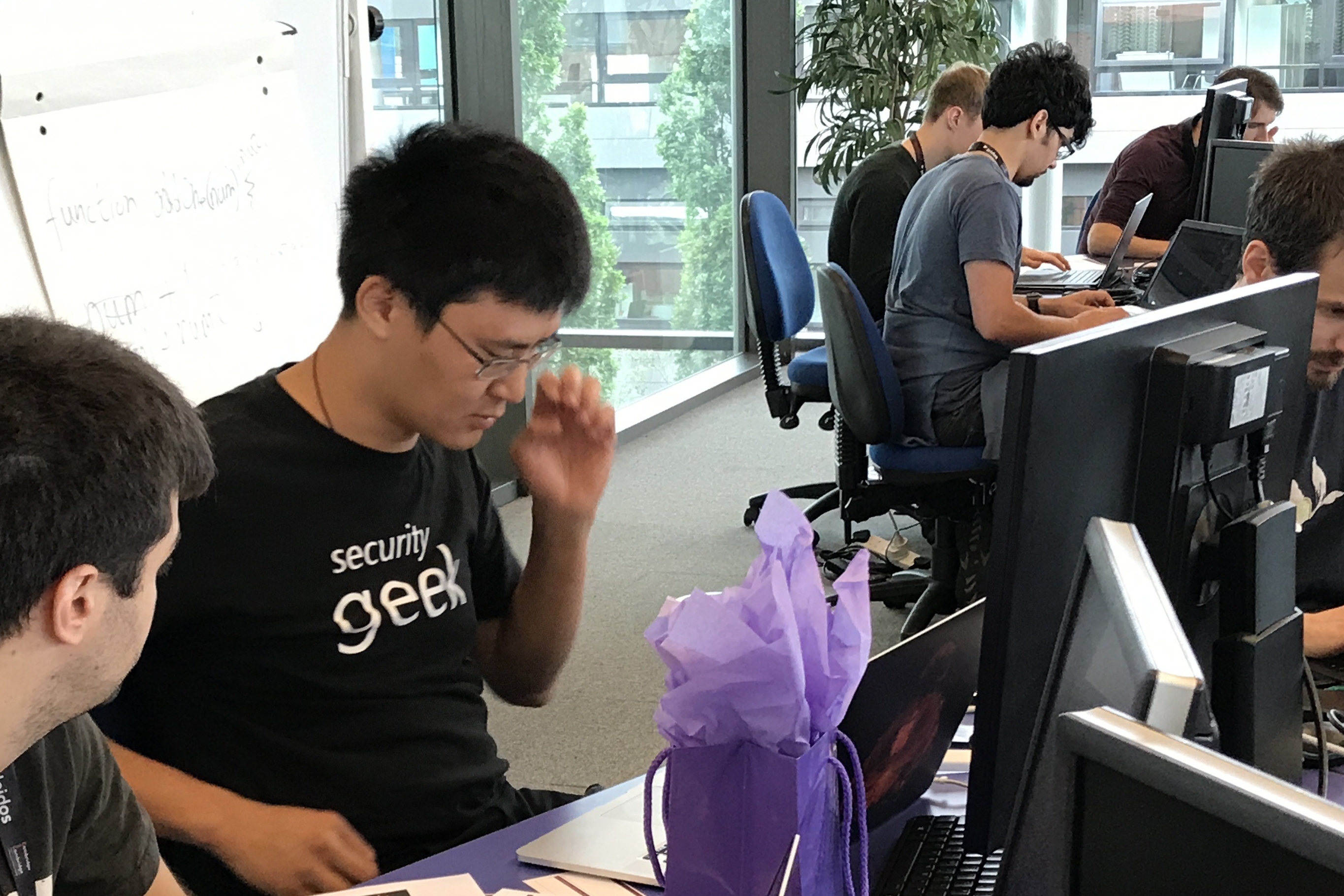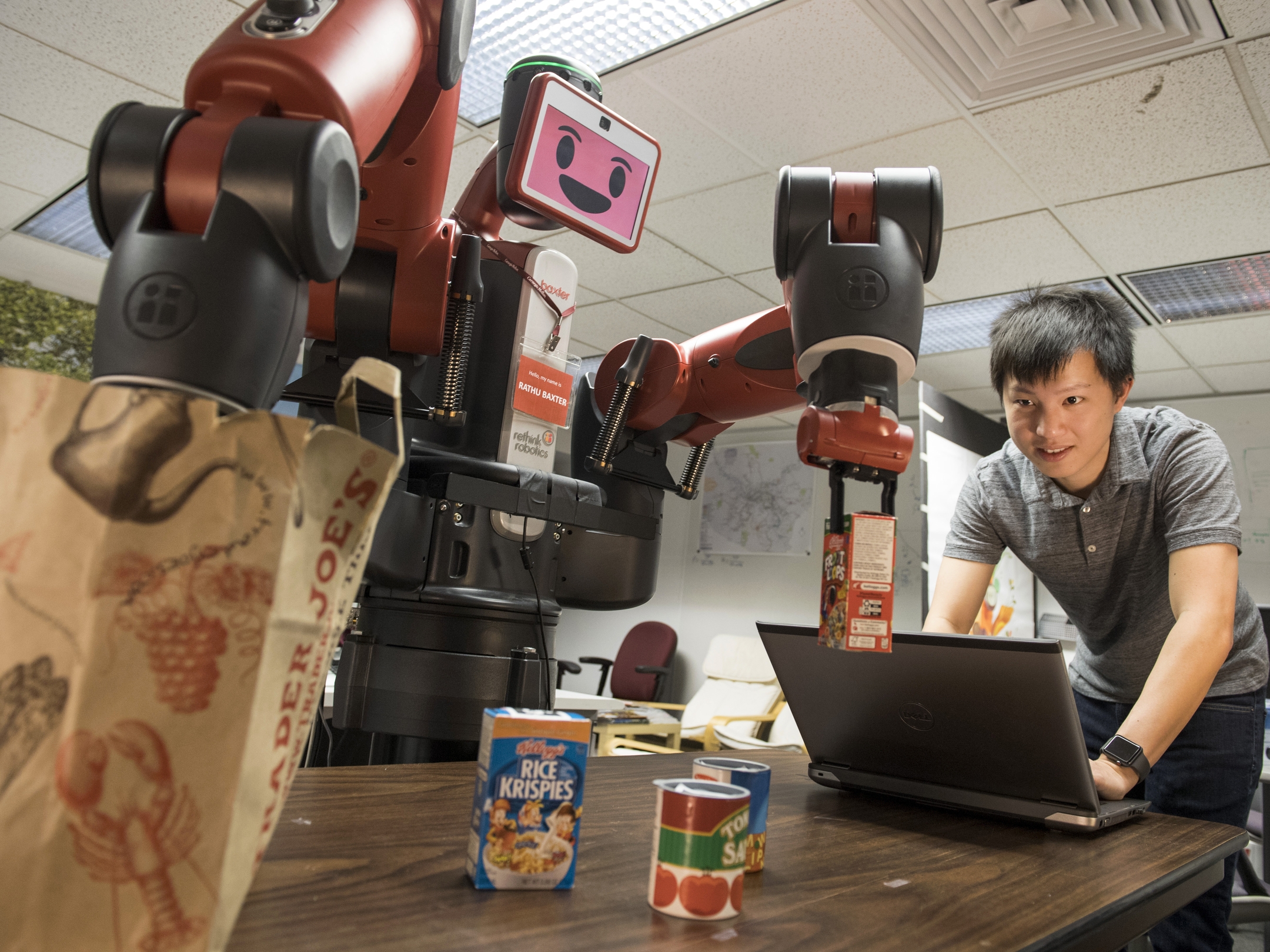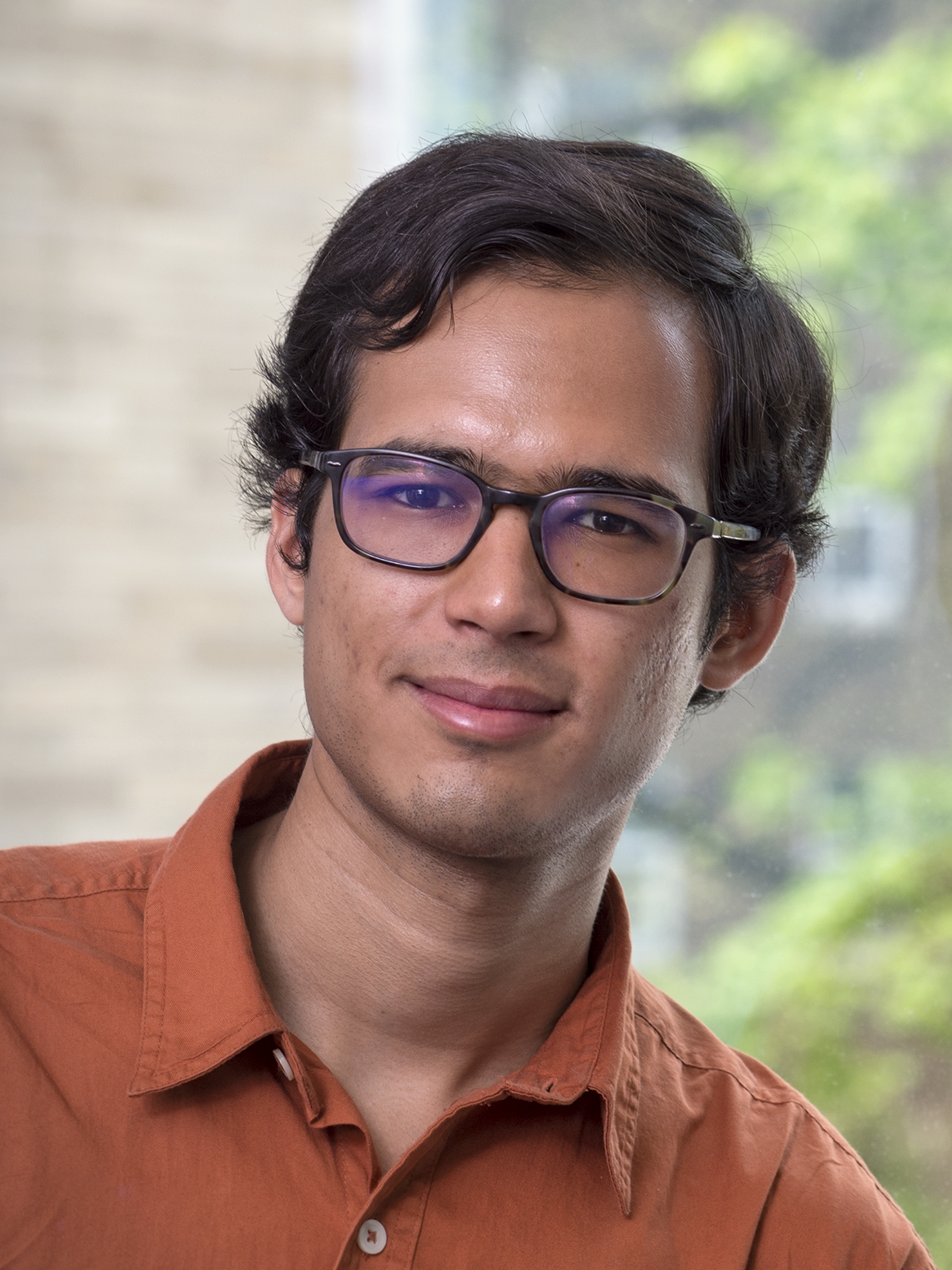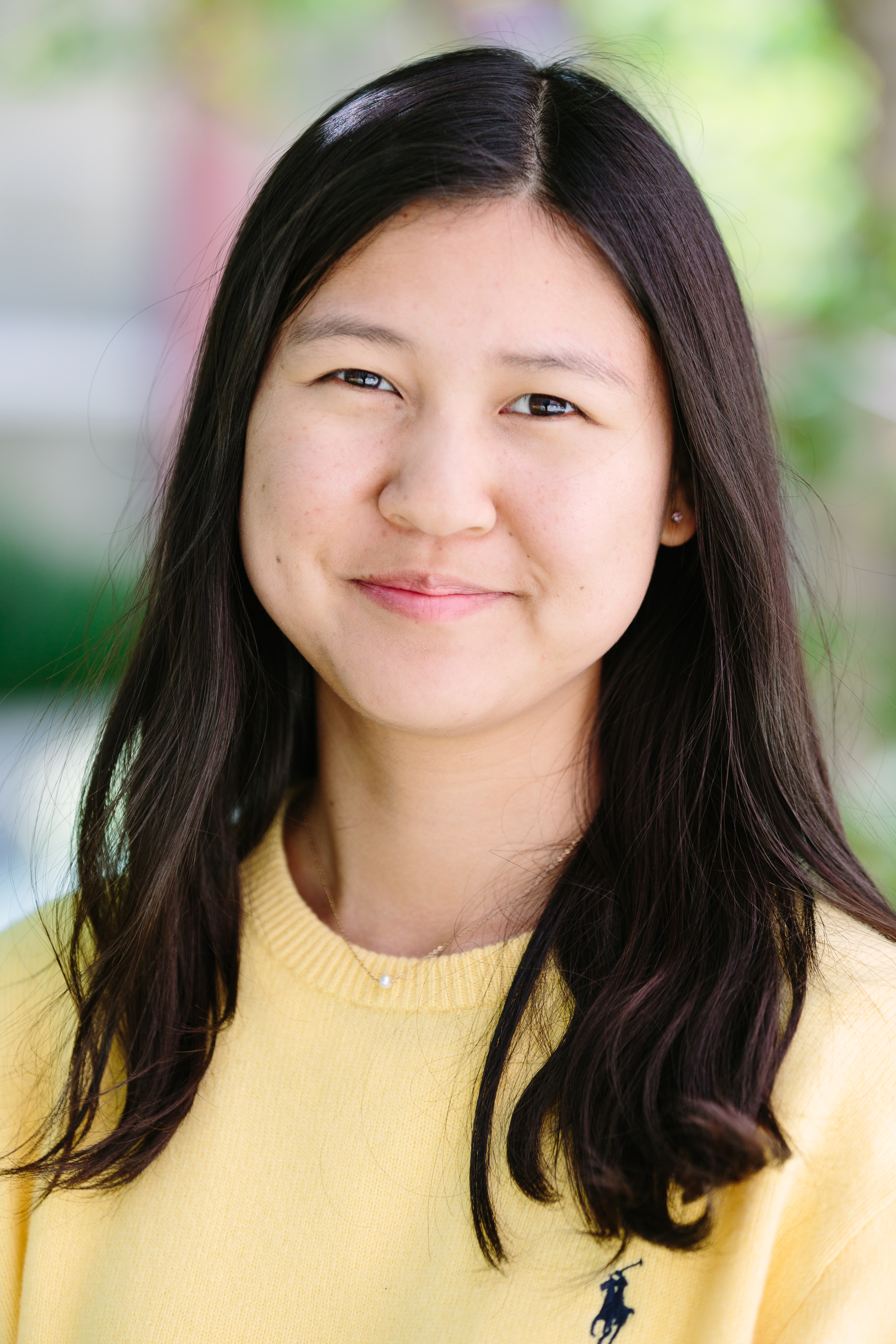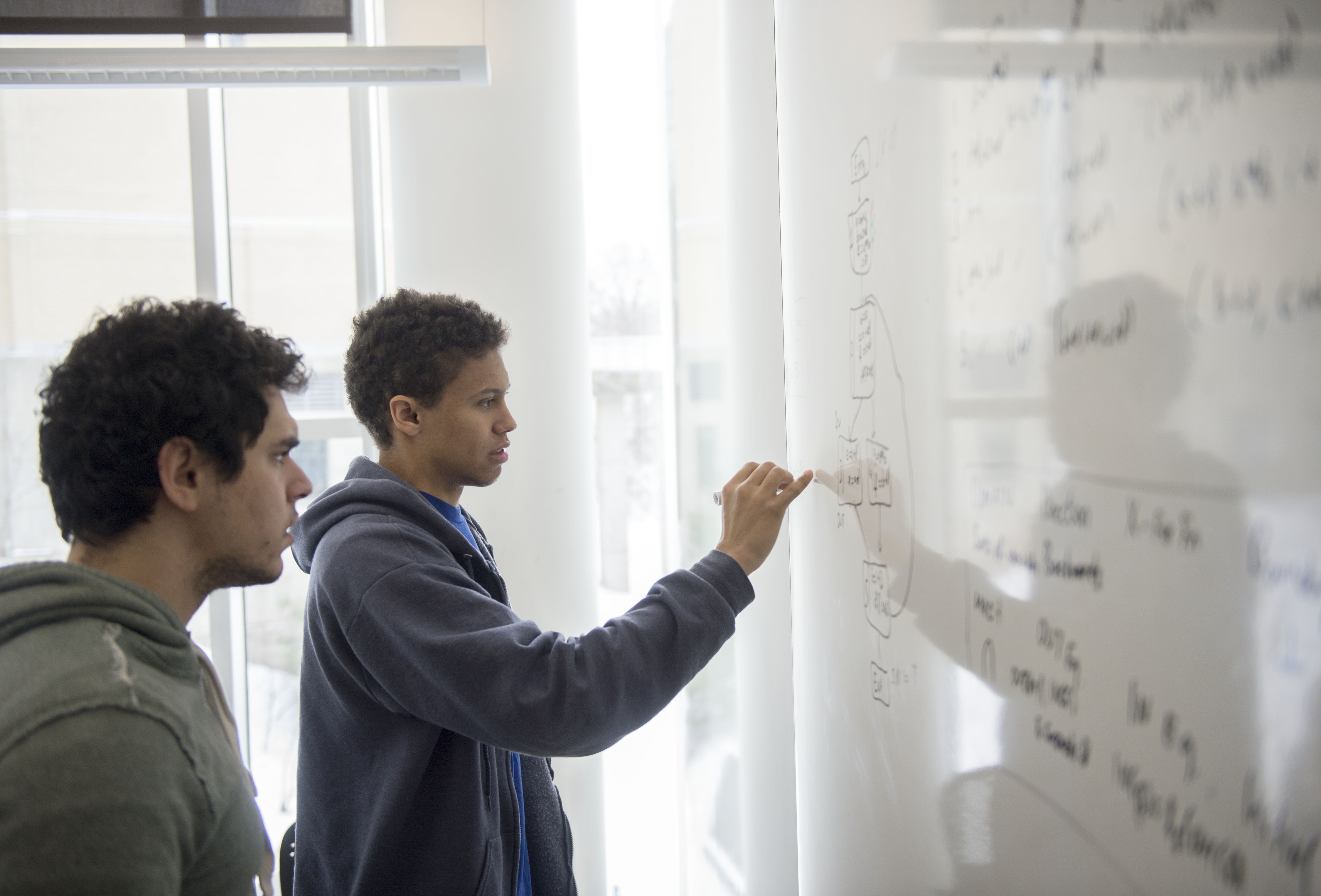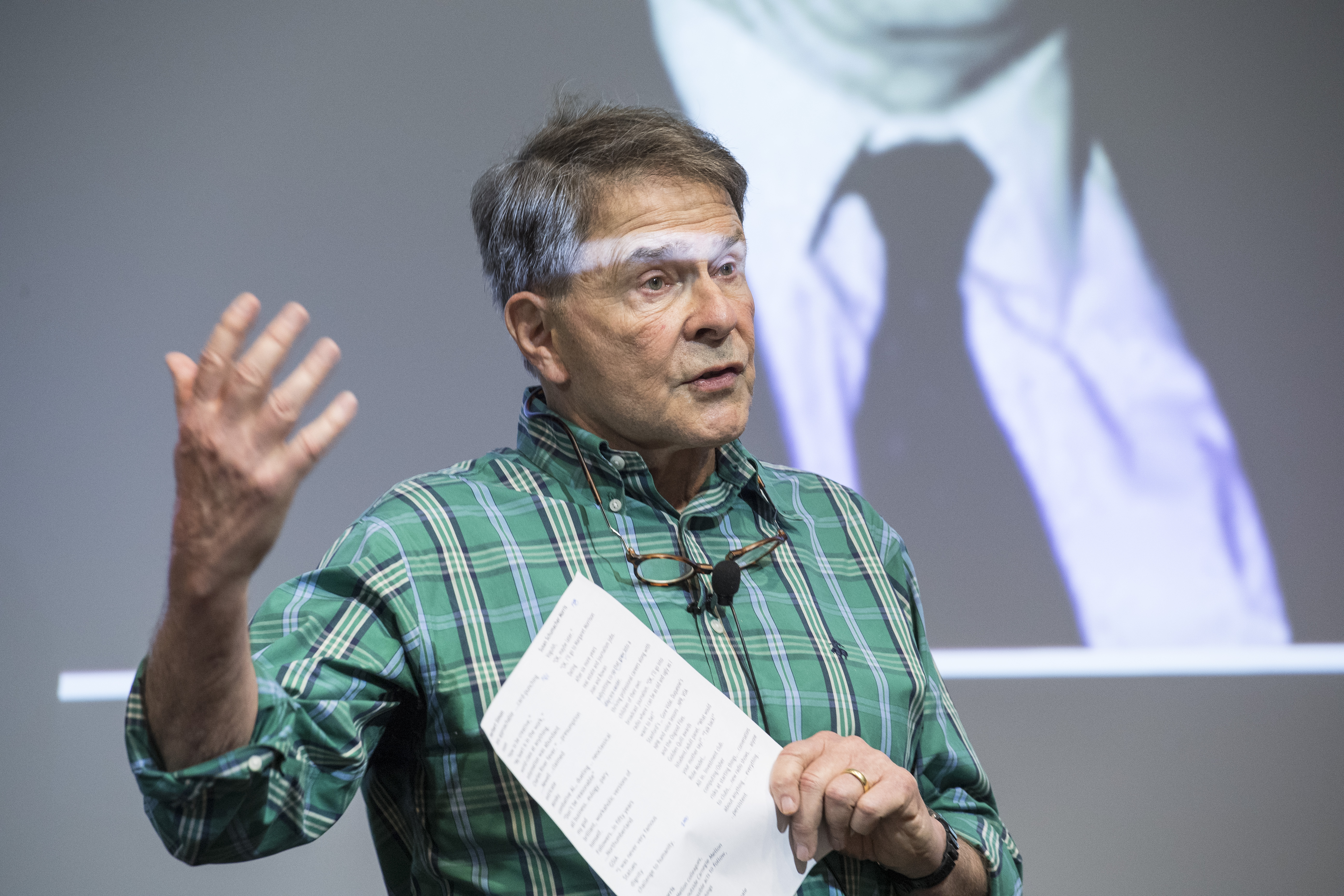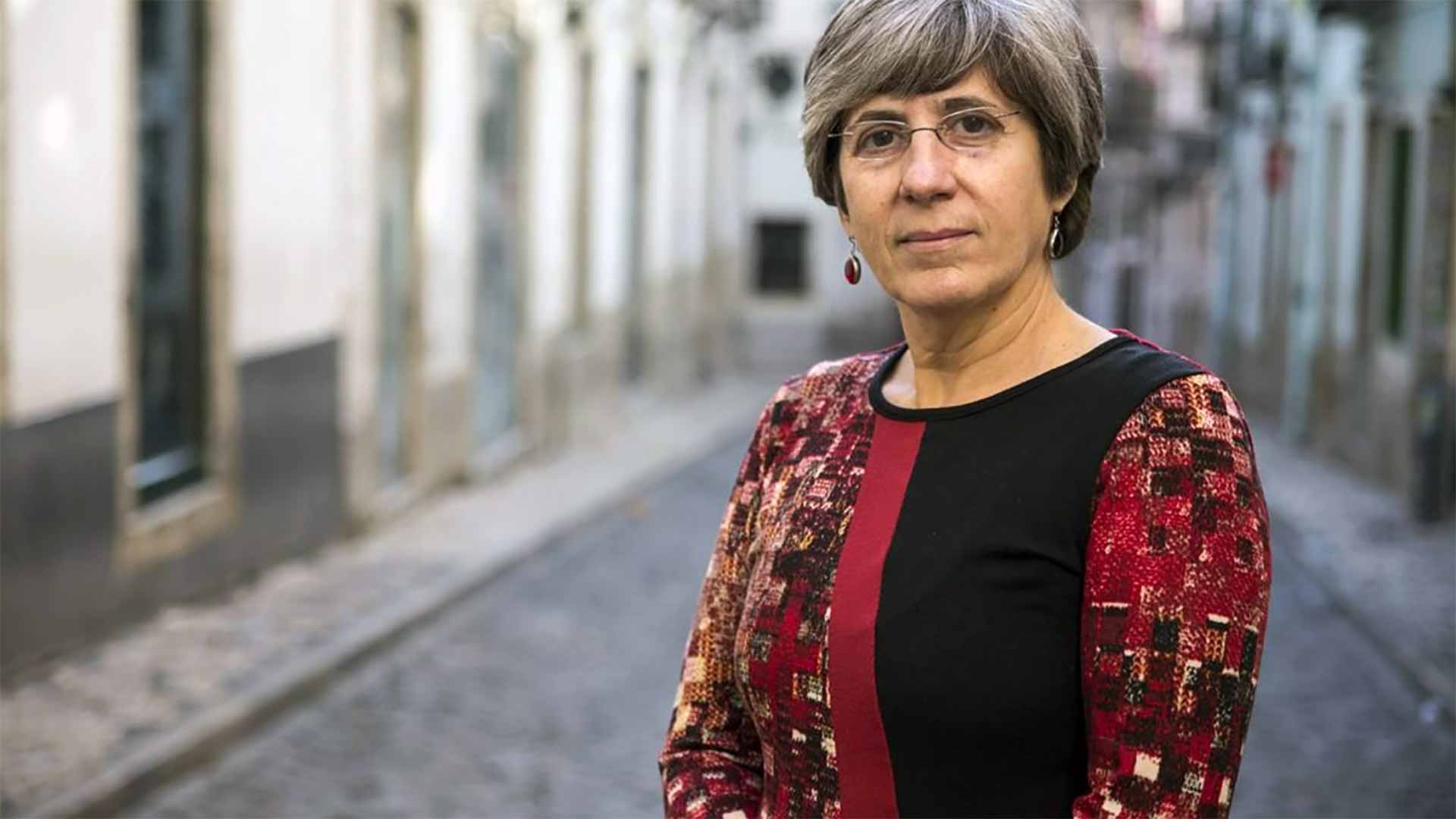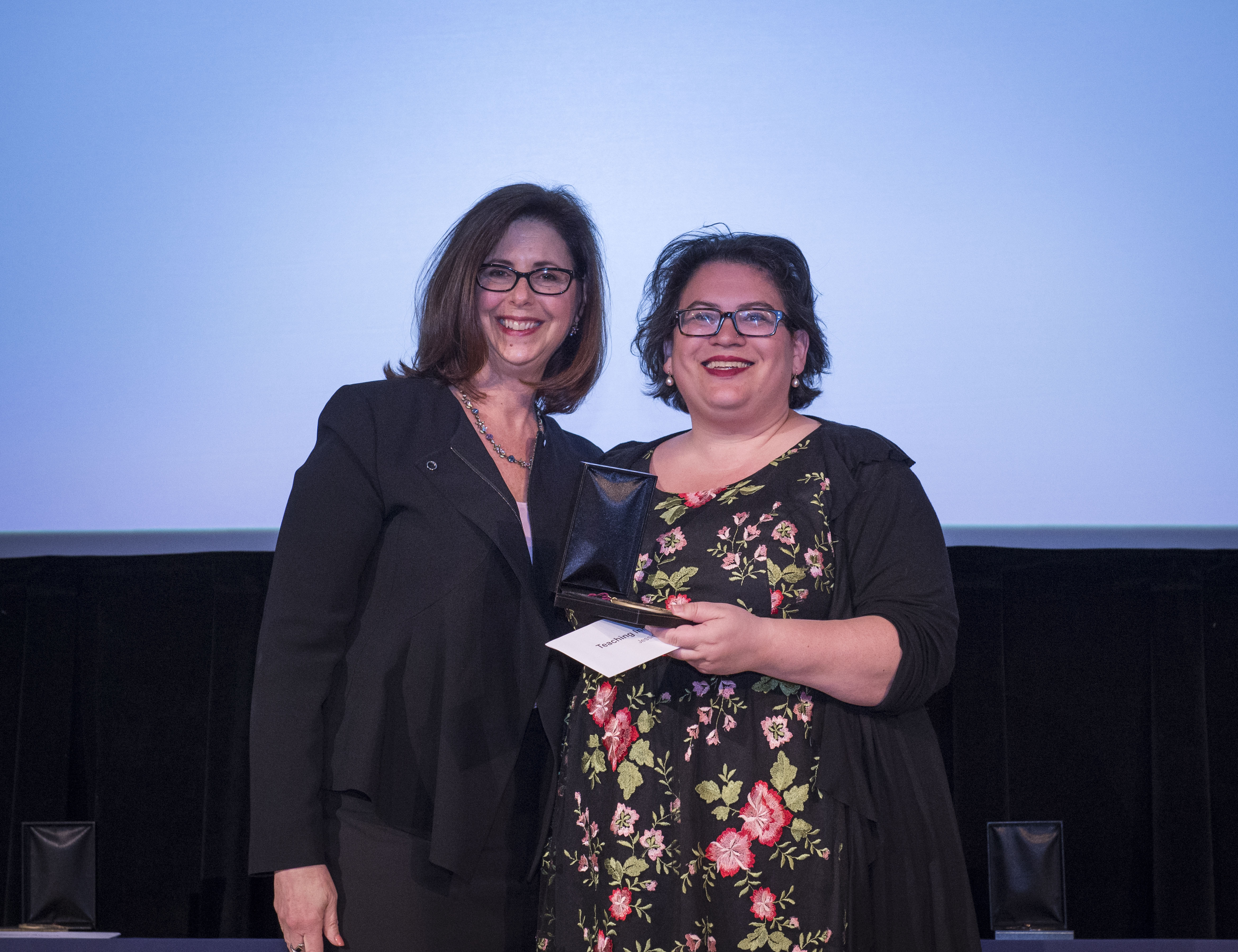RoadBotics Wins ASCE Innovation Award
RoadBotics, a Robotics Institute spinoff that uses smartphone and artificial intelligence technology to monitor the condition of concrete and asphalt surfaces, received the Overall Greatest Impact award in the American Society of Civil Engineers (ASCE) annual Innovation Contest. The company received several additional citations, including Most Feasible, Most Innovative and Best Value in the Internet of Things category, and Most Feasible in the Sustainable Engineering category. Christoph Mertz, Robotics Institute principal project scientist, has spent years developing a smartphone-enabled road inspection tool. He co-founded RoadBotics in 2016, along with Mark DeSantis, Benjamin Schmidt and Courtney Ehrlichman, to bring the technology to market. ASCE's Industry Leaders Council developed the Innovation Contest as part of the Society's Grand Challenge to significantly enhance the life-cycle performance of infrastructure by 2025. This year's winners will be recognized at an invitation-only celebration June 27–28 in Reston, Va. The event will also afford them opportunities to present their ideas to industry leaders and network with other innovative thinkers.

